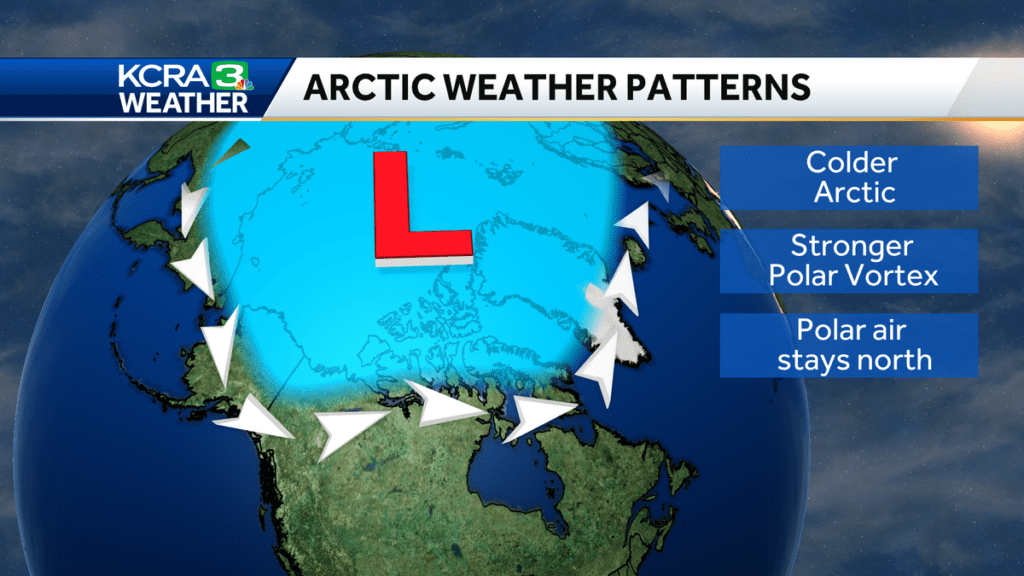A historic winter storm recently hit the Gulf Coast, bringing significant snowfall and extreme cold to areas like New Orleans, Mobile, and Pensacola, which saw their first snowfall in over a decade. Accumulations of 8 to 11 inches were reported across parts of Louisiana to the Florida Panhandle, with temperatures expected to drop into the teens and twenties. The bitter cold was caused by Arctic air moving south after the polar vortex weakened, leading to a severe cold snap in the eastern U.S.
Despite ongoing climate change, which is primarily induced by human activities such as fossil fuel burning, snowstorms will continue to occur. Warmer ocean temperatures are increasing evaporation and potentially contributing to more intense storms. However, long-term effects of climate change may lead to reduced snowfall in some regions as temperatures rise, particularly affecting places like California that depend on snowmelt for water supply. Changing moisture and temperature patterns may also result in rare yet heavy snow events like the recent one experienced in the southern Gulf states.
Source link


